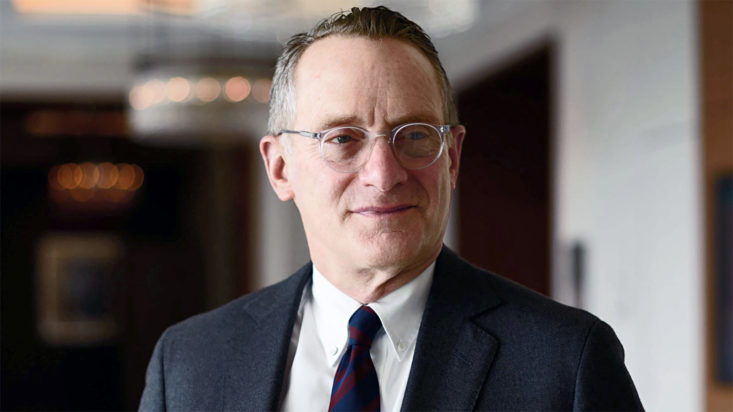Marks on the ‘dismal science’ of economics, true sources of alpha
Legendary hedge fund billionaire and investor Howard Marks, founder of Oaktree Capital, is one of the most respected finance commentators in the world, by virtue of his clarity and understanding of the market cycle. Speaking at Edinburgh Business School recently, a fireside discussion with Marks highlighted the very difficult challenges facing investors today.
There is no lack of information for investors, traders, and commentators to digest, yet it remains to be seen how much this actually supports positive and profitable investment decision-making. Marks explained that there remains a misconception in finance that the economy and sharemarket in general were “mechanical” — that is, they worked as they should, with event A resulting in outcome B, consistently.
This belief, he explained, was highlighted in the way that investment news was delivered every night on TV. That is, “the market dropped today because bond yields increased.” is an over-simplification of a complex series of events. Yet those watching at home “get the impression that prices are the result of fundamentals and changes in prices are the result of changes in fundamentals.” This summary is “vastly inadequate,” he explained.
While admitting not to be an economist, he refers to the field of economics (and likely, those trained in it) as “the dismal science.” This is because for economics to be a “science” it must be governed by some set of rules, be it physics or nature, such that it performs the same each time, is “repeatable, studiable and extrapolable.” But “these are all wrong,” according to Marks.
“Economics is not a science, in my opinion. You know, science is all about causality and predictability, and if A happens, then B is sure to happen. Well, that’s certainly not true in economics.
“What we learn in school, in my opinion, and what we should learn in school, is how things are supposed to work,” but unfortunately this is not how things actually work in the real world.
The efficient market hypothesis, to which many passive investors cling, assumes that security prices on any given day are “right” and offer a fair risk-adjusted return. As the events of the last six months have shown, “that’s how it’s supposed to work, but certainly not how it does work,” Marks said.
A key requirement of the efficient market hypothesis is that “that the participants be rational and objective. And in investing, they’re not,” he contended. This is best explained through the concept of hysteria, which occurred in 2020, 2007 and even at the bottom of the market in 2009. “In the real world, things fluctuate between pretty good and not so hot. But in the markets, they go from flawless to hopeless,” he said.
The market isn’t in equilibrium; rather, it suffers from excesses and corrections which come solely from psychology. It’s simple: “people get too optimistic, then they get too pessimistic,” according to Marks.
So how does one seek to deliver outperformance or “alpha” in a world where the efficient market hypothesis doesn’t hold, but information is freely available to every participant? Marks refers to a discussion with his son during lockdown: to generate alpha, you must have either “a better comprehension of the future” or a “superior ability to process qualitative (rather than quantitative) information.”











